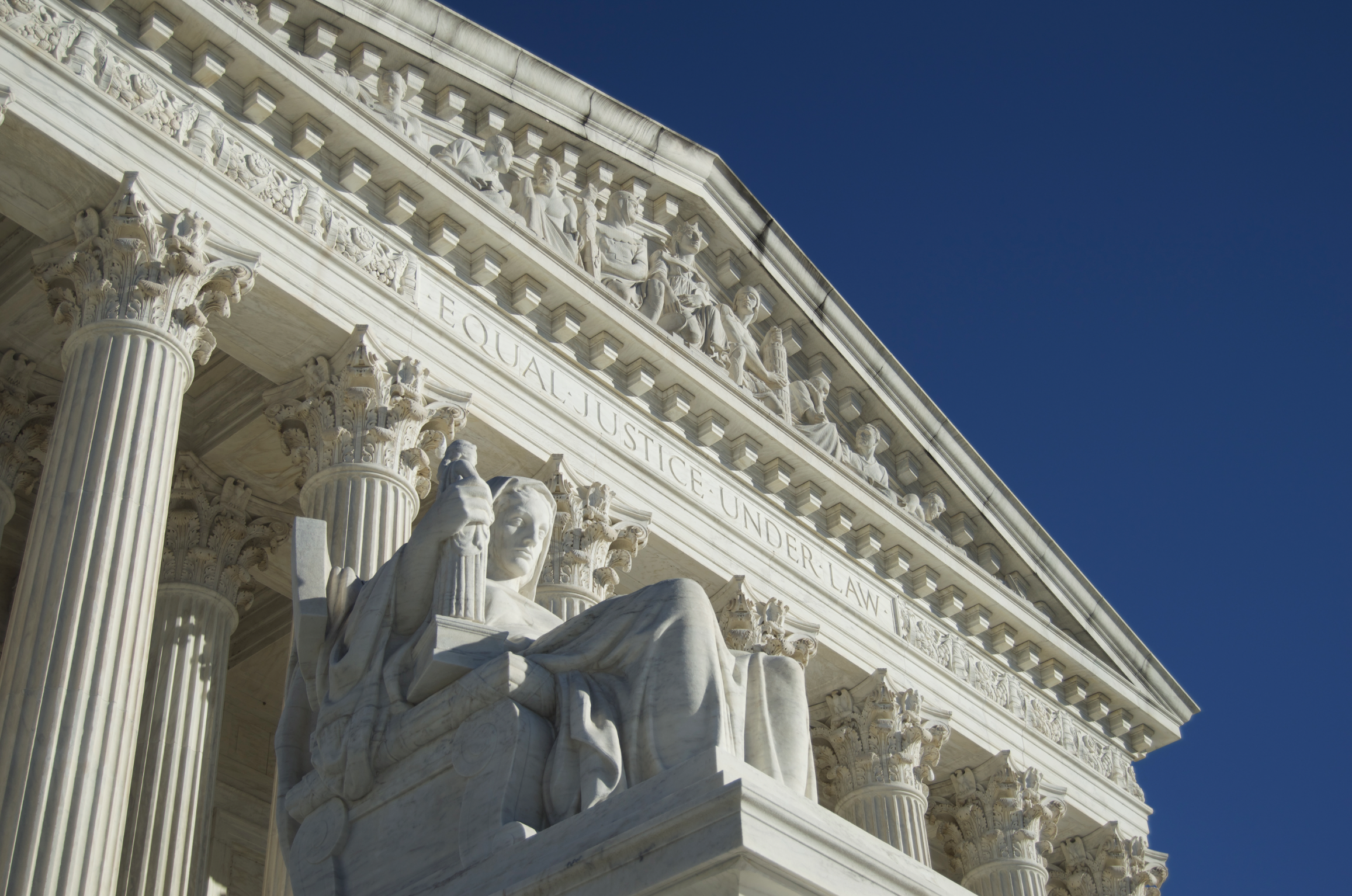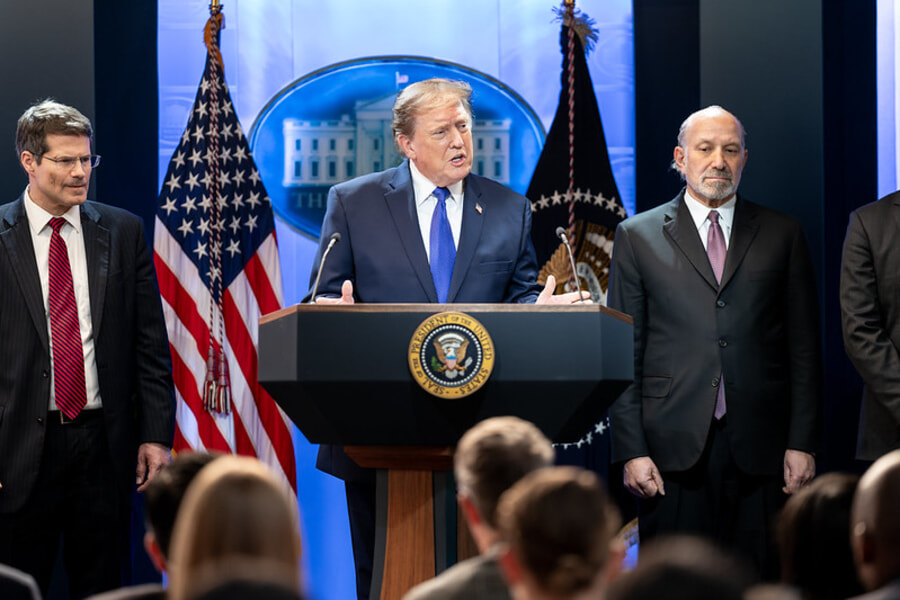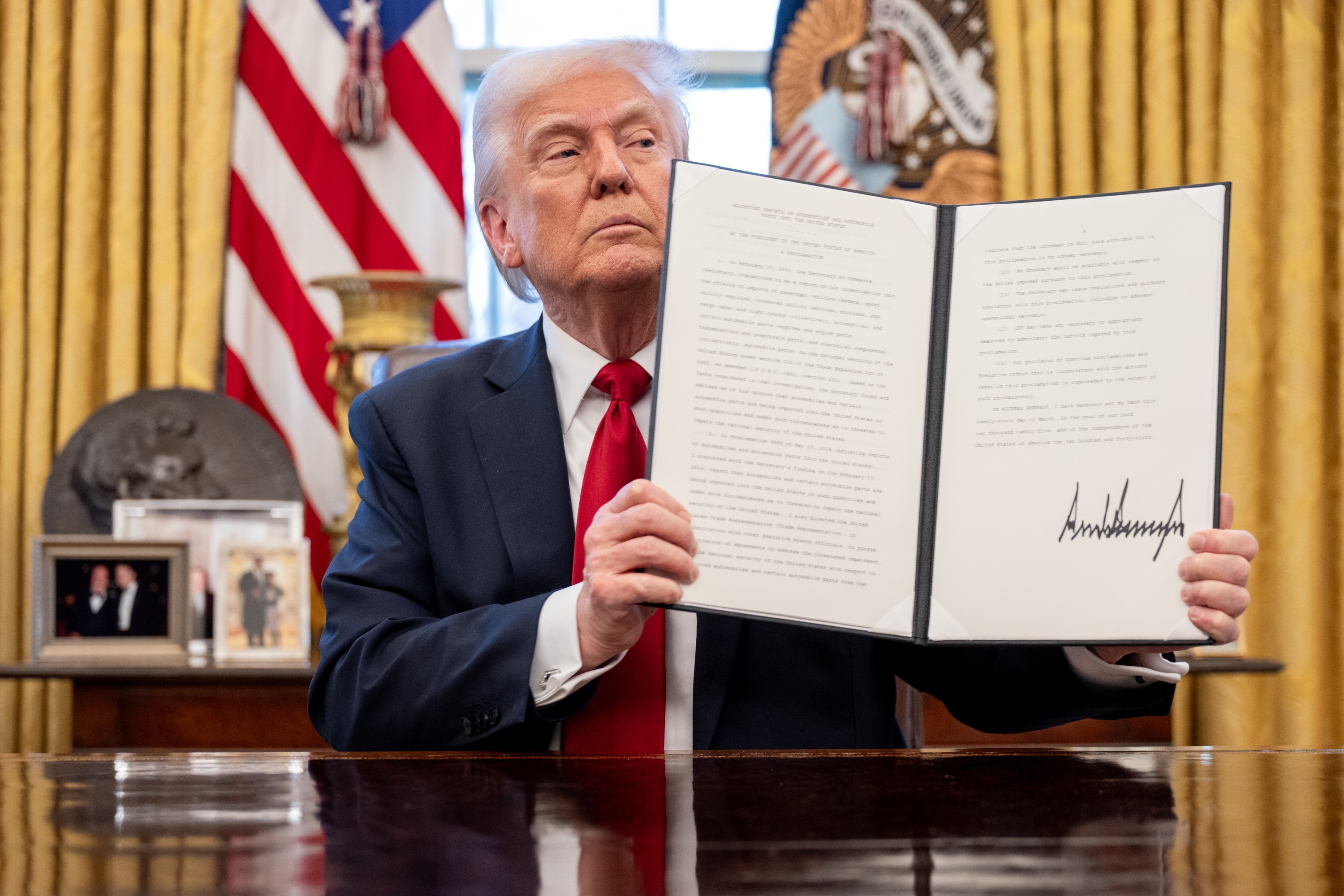Civil Contempt Against a Defiant Executive

When the federal executive branch defies the courts, are the courts powerless to compel compliance? Many observers assume courts depend entirely on executive cooperation for enforcement, given that the U.S. Marshals Service is an executive branch agency. But, as I argue in this new Lawfare research report, this overlooks enforcement mechanisms that, as either a legal or practical matter, operate independently of the executive branch.
Before ordering the arrest of executive branch officials, courts can make use of powerful non-custodial sanctions: stripping officials of immunity, imposing substantial personal fines, and levying professional sanctions. If those fail, courts' arrest powers are stronger than commonly appreciated. Though located within the executive branch, the marshals operate under a statutory duty to enforce all lawful court orders—a duty that, if the marshals honor their oath, supersedes illegal presidential directives to ignore contempt citations. And even if the marshals refuse to act, courts possess well-established, if rarely used, authority to appoint deputies to enforce their orders.
The availability of these tools suggests that conflicts over compliance with court orders are likely to be more protracted and contested than is commonly believed. The courts may not command an army, but neither are they powerless against a defiant executive.
You can listen to a conversation with the author here.
You can read the paper here or below:





